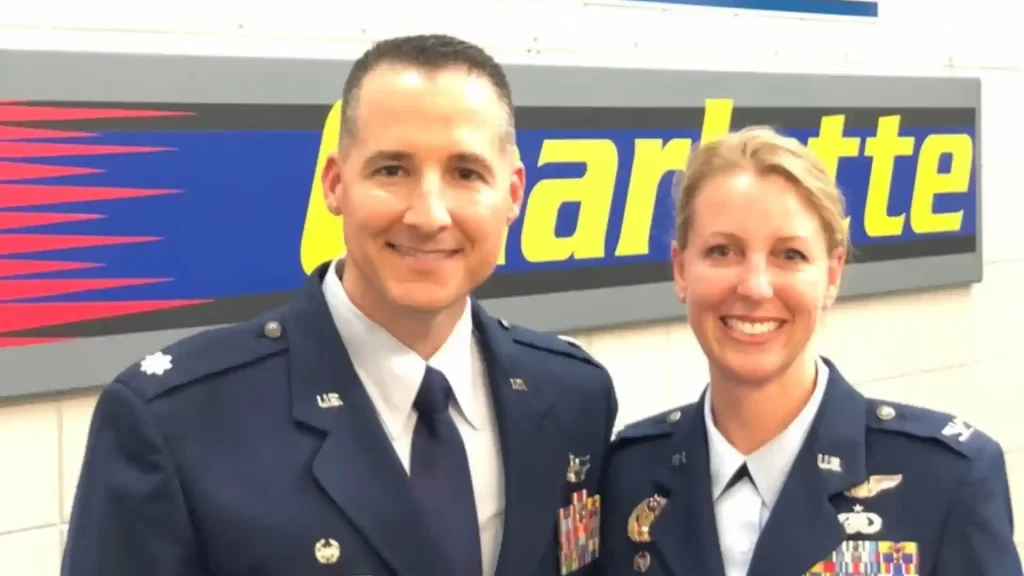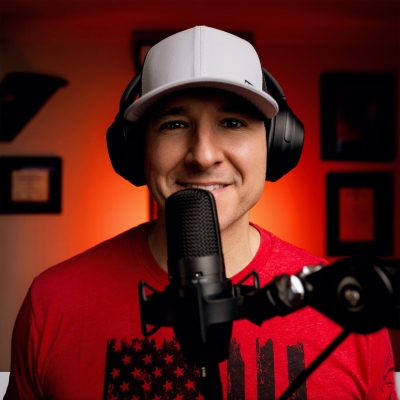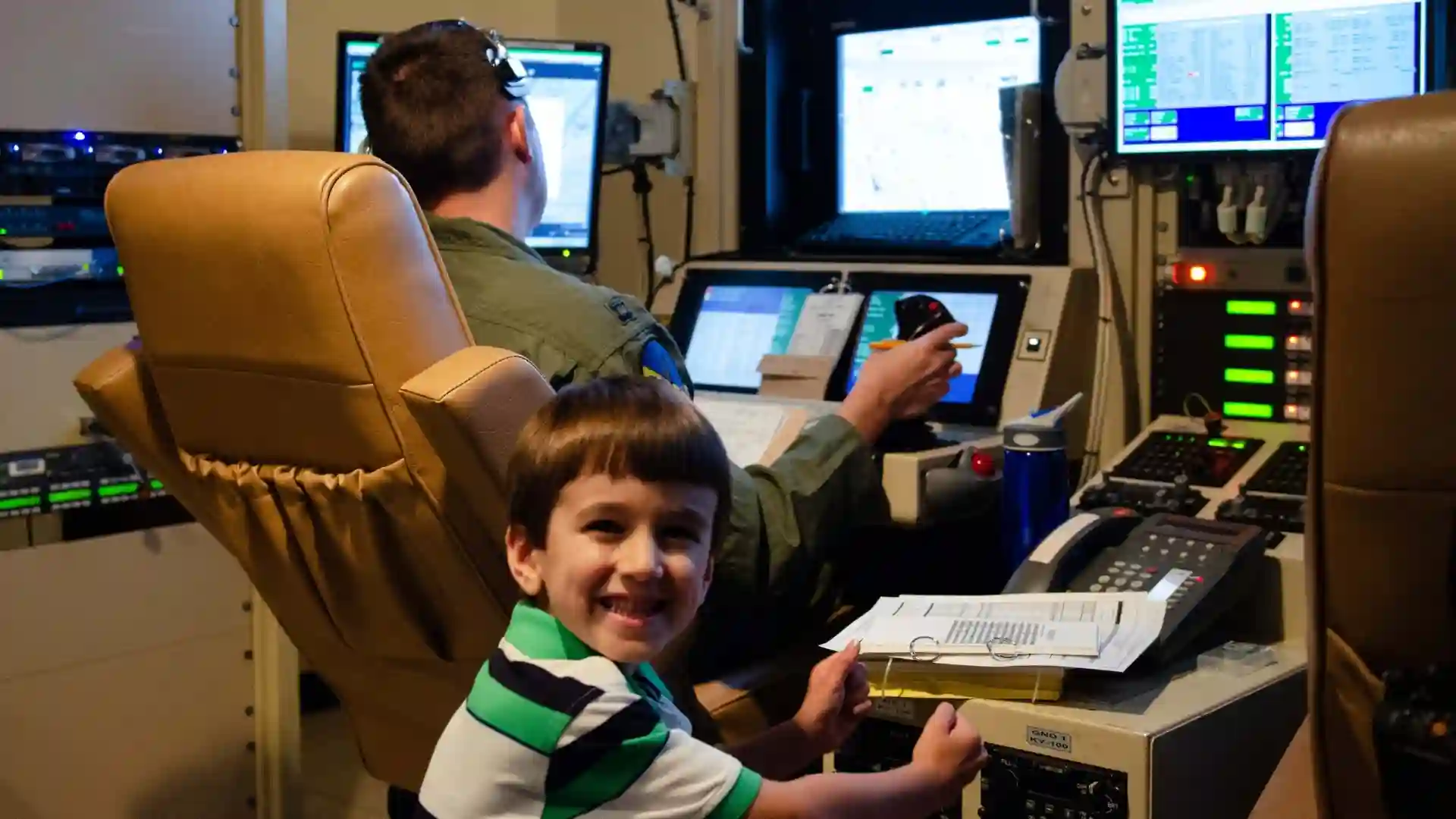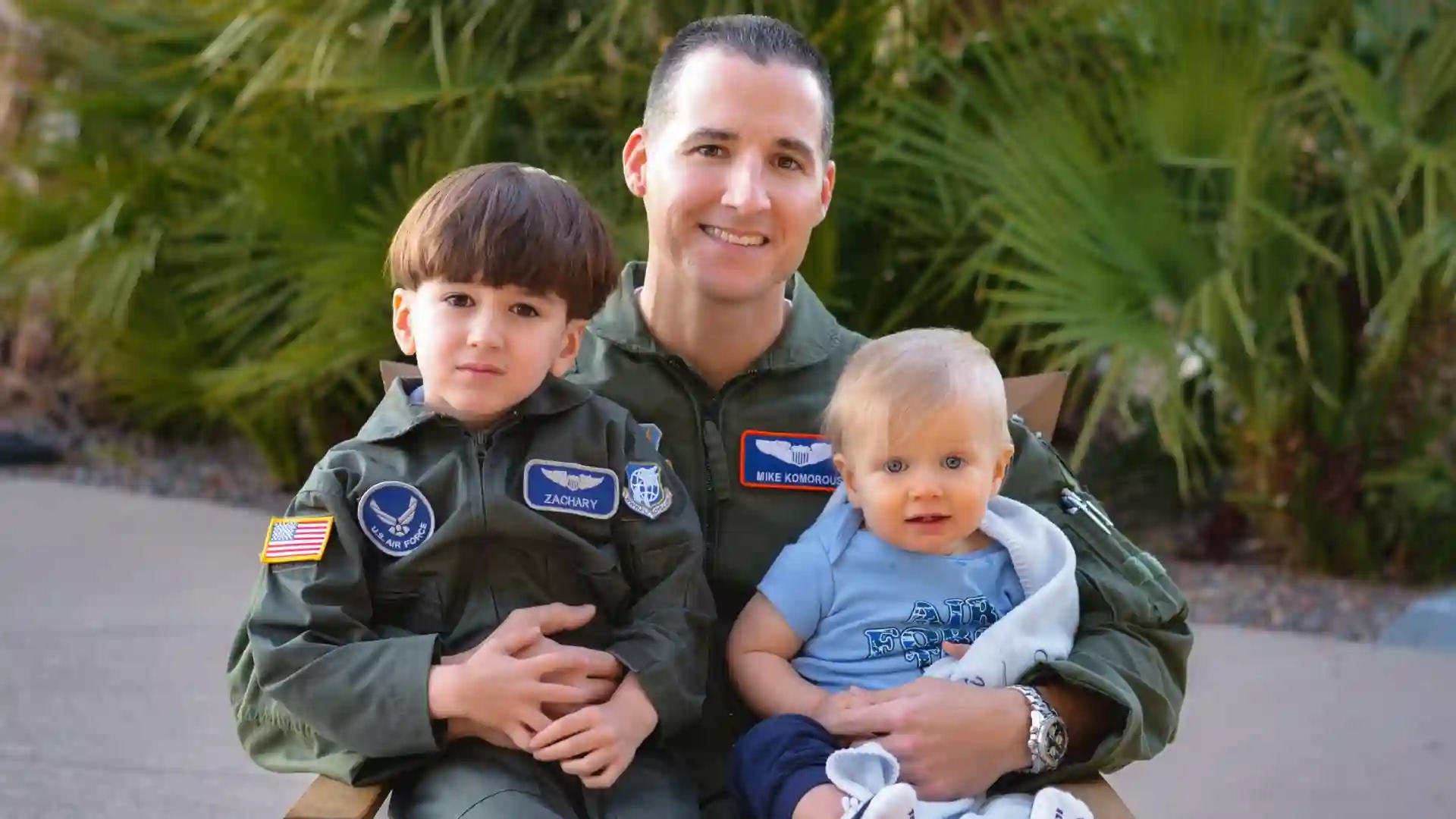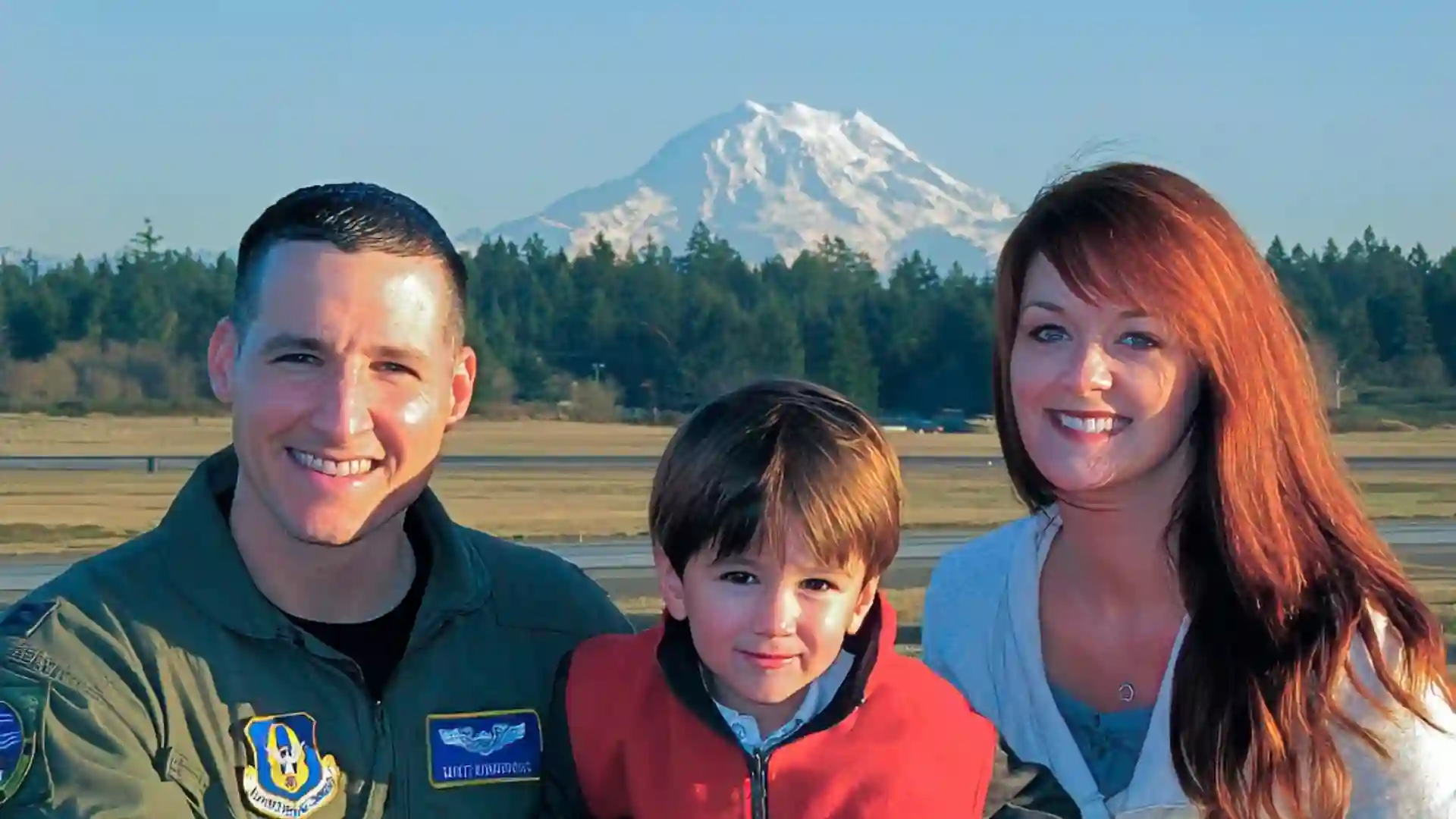War changes people. For those on the frontlines, it’s more than a fight. It’s a place where every second counts. A place where one wrong move can cost lives. Yet when the battle ends, many of these stories are left behind.
That’s where the Podcast of Elite Warriors Under Fire steps in. It gives tough, battle-tested soldiers a place to speak. They open up about moments of fear, strength, and deep pain. These aren’t just war stories. They are about courage, trust, loss, and healing.
I remember sitting across from a former Green Beret during a podcast recording. His hands shook as he spoke. Not from fear, but from memory. That moment made me realize how deep these stories go.
In today’s world, fast news clips and filtered posts miss the full story. But podcasts slow things down. They let people speak with truth and heart. One of the best at this is Voice of Valor. It honors real military life. Elite soldiers from Special Forces and combat teams talk about what they faced and how they came back home.
This article takes you into their minds. It shows the strength they carry, the struggles they face after service, and how podcasts like Voice of Valor help them find their voice again.
Table of Contents
ToggleInside the Minds of Elite Warriors
Mental Strength in Life-or-Death Moments
To be an Elite Warrior, you need more than muscle. You need a sharp mind. In one Voice of Valor episode, a Navy SEAL talked about a rescue mission. “We had seconds to act. Failure meant death for them and for us,” he said.
These moments are hard. They are scary. But these soldiers stay calm. They train for this, yes. But more than that, they build a mindset. A way of thinking that pushes fear aside when it matters most.
This kind of strength isn’t built in a day. It comes from pain, pressure, and trust in the team. Podcasts let us hear this side—the mental fight that gets them through the worst days.
As someone who’s spoken with veterans after tough missions, I’ve seen how they shift from panic to focus in seconds. It’s something that sticks with you.
How Training Builds Readiness
Becoming elite isn’t easy. Army Rangers, Marine Raiders, and Air Force Pararescue teams go through the worst of the worst. Many try. Few make it.
One Green Beret shared how hard it was. “Every day was a test of how bad you wanted it. Cold, wet, hungry—we were broken down to be rebuilt.”
They talk about sleep loss, endless drills, and mental strain. But through this, they change. They learn to act fast and stay clear under stress. Podcasts show us why this training matters—and how it shapes who they become.
Stories of Survival and Sacrifice
Firsthand Stories from the Front
No mission is the same. From gunfights in mountains to rescues in cities, these warriors have seen it all. On Voice of Valor, they speak openly about it.
One Marine sniper shared a moment that left many in tears. His team was cut off, no help in sight. He carried a wounded friend through rough land to safety. “There was no backup. We were the backup,” he said.
These podcasts don’t make war look cool. They show the cost. Each episode is a tribute to those lost and a window into what soldiers carry with them forever.
Brotherhood in Chaos
Combat builds a special bond. It’s deeper than friendship. It’s about trust in life-or-death moments.
A retired Army Ranger once said, “I still hear his voice sometimes. That bond doesn’t die with the body.” He lost his best friend to an IED.
These stories are raw. They show the heart behind the uniform. Listeners feel the pain, the pride, and the loyalty that never fades—even after war.
Life After the Fire
The Hard Road Home
Coming home can be harder than going to war. The rush is gone. The mission is over. And many feel lost.
Voice of Valor gives a safe place to talk about that. Soldiers open up about PTSD, depression, and feeling out of place. One former SEAL said, “You feel like a stranger in your own country. You’ve changed, but no one else sees it.”
These talks help. They show vets they’re not alone. They also help civilians understand what reintegration really means.
I once had a friend return from deployment and spend months in silence. It wasn’t until he found a podcast that he finally spoke. It saved him.
How Podcasts Help Heal
Many call podcasting “therapy without the couch.” On shows like Voice of Valor, there’s no script. No filter. Just truth.
Talking helps vets sort through their past. Listening builds a bond. For some, it’s the first time they’ve really opened up.
Even better, many become podcast hosts themselves. They mentor others. They build new missions based on the talks they had behind the mic. Podcasting gives them purpose again.
Real Impact Beyond the Mic
These podcasts don’t just talk—they change lives.
One listener said an episode on suicide stopped him from taking pills. He called for help instead. Another started volunteering for vets after hearing what life is like after war.
The ripple effect is real. People learn. They act. Vets feel seen. Some even start support groups or join causes that help others heal.
These stories move people. They build bridges between those who serve and those who want to help.
Why These Stories Matter Now
We are surrounded by noise. But these podcasts cut through it. They bring deep, honest stories to the surface. In each Voice of Valor episode, we hear about war—but also love, strength, and what it means to keep going.
These stories matter because the people behind them matter. They remind us of real courage. Real pain. Real strength.
As time moves on, we risk forgetting the ones who fought for us. Podcasting keeps their voices alive. It brings their lessons forward.
Conclusion
The Podcast of Elite Warriors Under Fire shows what true strength looks like. Not silence—but honesty. Not hiding pain—but sharing it.
Voice of Valor makes sure these voices are heard. That their stories don’t fade. That the pain becomes purpose.
These podcasts are more than media. They are campfires for today’s warriors. A place where pain turns into hope—and strangers become a tribe.
When we listen, we honor. When we share, we help. And when we understand, we make sure no soldier stands alone again.

